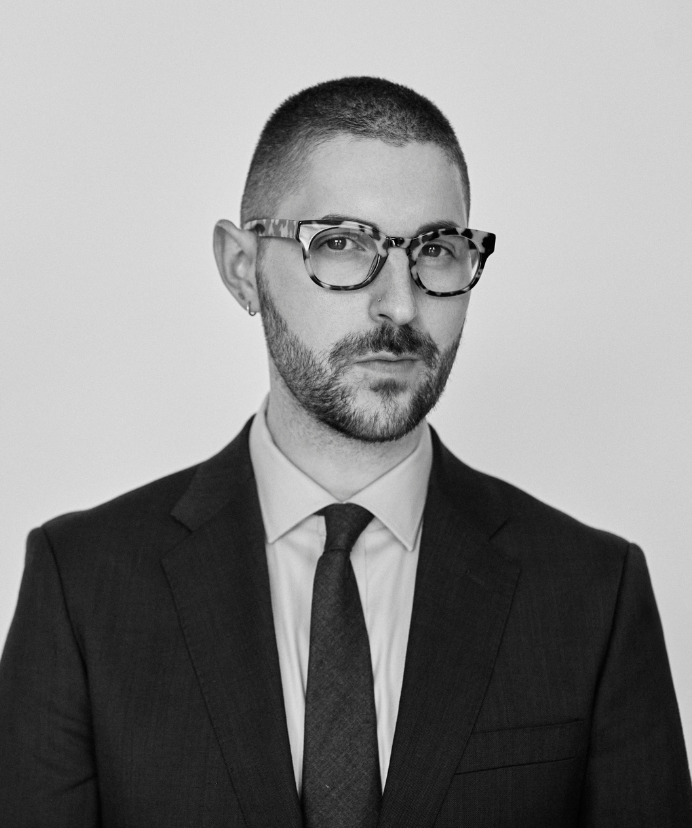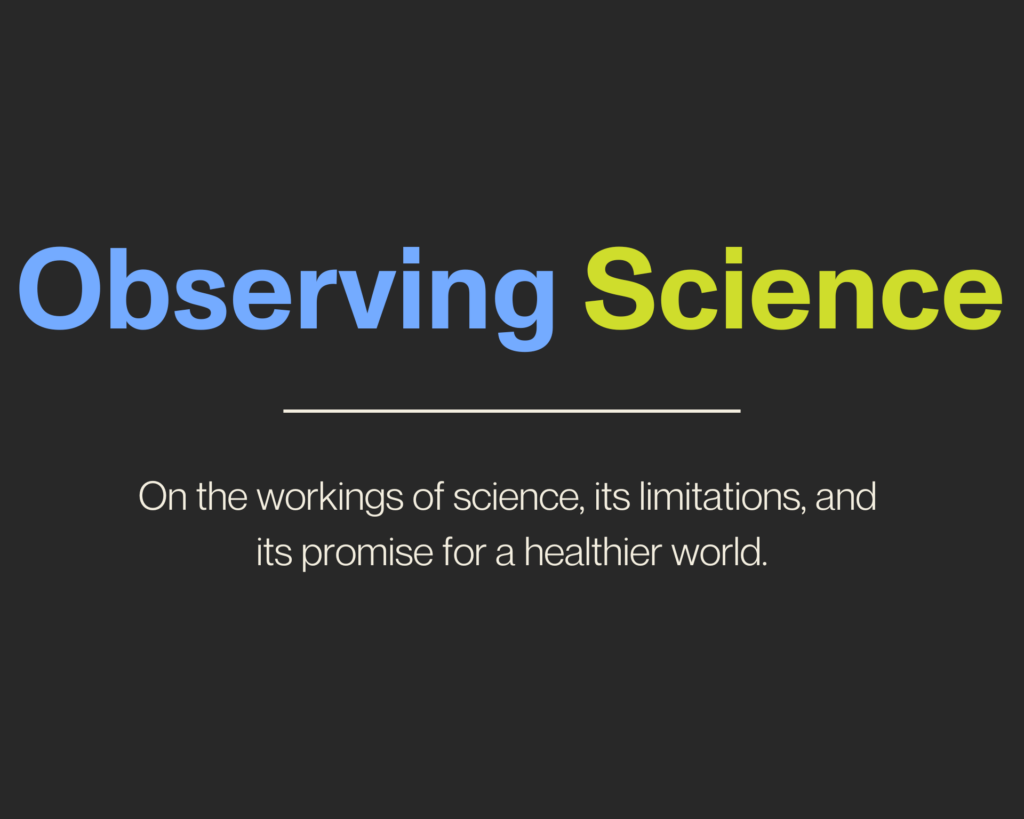Kenyon Farrow
On World AIDS Day, Kenyon Farrow, a writer, editor, and strategist, gives perspective to HIV in the time of Covid-19.

Read Time: 4 minutes
Published:
Kenyon Farrow is a writer, editor, and strategist. His expertise is in public health, health care, social safety nets, and social justice. Since August 2020, Kenyon has served as the co-executive director of Partners for Dignity & Rights, a national organization that works to guarantee universal rights for people across the United States. Previously, he served as the senior editor of TheBody.com and TheBodyPro.com and the global health policy director with Treatment Action Group (TAG).
Public Health Post: How did you come to find yourself working in the HIV response?
Kenyon Farrow: I was a theater major in undergrad, so the fact that I even moved into public health at all is hilarious to me because I was terrible at math and science. In 1998, I took a job with AIDS Taskforce of Greater Cleveland, which hired me in the education department. I was tasked with training high-school-age peer youth educators to do HIV and STD education and prevention in their own high schools. So that was really my first job in HIV. Long story short, I spent several years in New York, initially working as an actor doing stage work, but I was also getting more personally involved in social justice work and a growing interest in writing essays for myself.
You served as senior editor of TheBody.com and TheBodyPro.com. What is the most pressing challenge in communications as it relates to HIV?
I think there’s a lack of real empathy, frankly, for people living with HIV. That part is a huge challenge in terms of communicating about HIV, particularly as a social justice issue, because HIV is often framed as an individual responsibility or an individual failing.
I think beyond that, we still just have not really updated most people’s knowledge about the virus, what antiretroviral medication means now, what PrEP is at all. People are still walking around with the same level of information that they received in the ‘90s. We just know so much more now about the virus. I just think we have done a terrible job as a country with updating people’s information about HIV.
We mark World AIDS Day at a time when we lose hundreds of thousands to a new virus: Covid-19. What is a lesson learned from responding to HIV that we should consider during the response to coronavirus?
Unfortunately, we did not learn the lessons from the HIV pandemic because we repeated some of the same early mistakes. There was a lack of federal leadership on the issue early on.
I think that we also should have learned from HIV that infectious disease pandemics will follow whatever tracks of inequality that exist in a society. HIV pretty rapidly became a disease primarily impacting poor and low-income Black and brown communities, queer and trans folks. We’re seeing the Covid-19 pandemic along those same sorts of trajectories, raising class and gender implications. I think that we have had a range of experiences with the HIV pandemic that should have made us respond differently and sooner, but we did not and are paying the price for it.
HIV might be thought of as passé, as a disease of yesteryear, because there are other epidemics in the headlines: Covid-19, guns, opioids, white supremacy. How do you convince the public that HIV is still one of today’s pressing health problems?
I think that we have to actually convince the public that public health and healthcare are in fact social justice issues. It’s true even within social justice movements that we tend to focus far more on issues of police violence and the carceral state as it pertains to social injustice, particularly where Black folks are concerned. And yet more people die of other forms of institutional racism, including HIV or other kinds of health conditions, than die at the end of a police revolver.
You have coordinated campaigns on global issues related to mass imprisonment, homelessness, and LGBT rights. What is one success story from this work that shows a positive change in the health of the public?
I have a range of critiques about the way in which Secretary Azar’s End the Epidemic by 2030 plan has been implemented. But I think the fact that what started out as kind of a one-state campaign, then developed into a national network with the Act Now End AIDS Coalition has been a huge success story, frankly, for the HIV movement at large.
Photo courtesy of Kenyon Farrow



